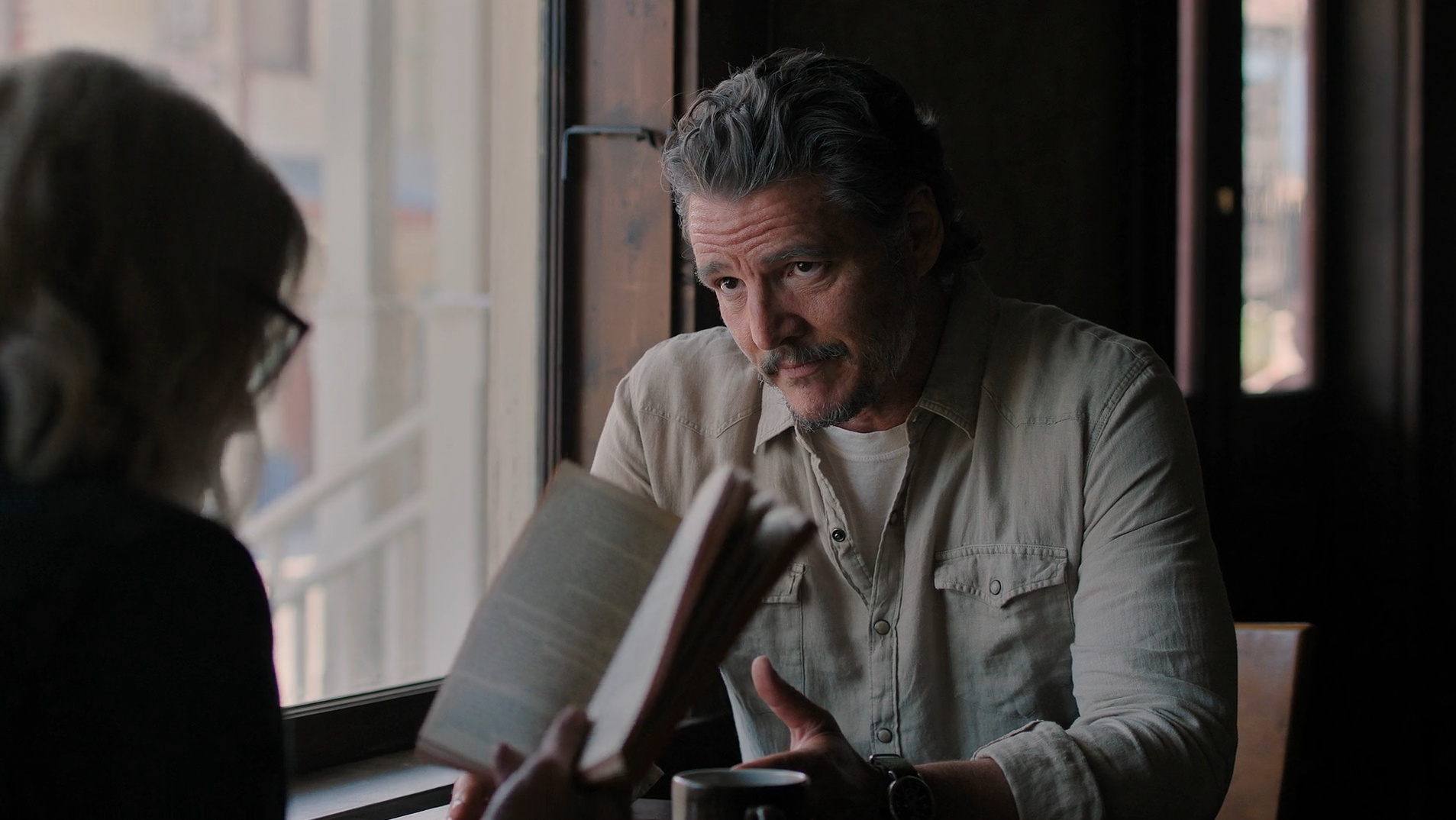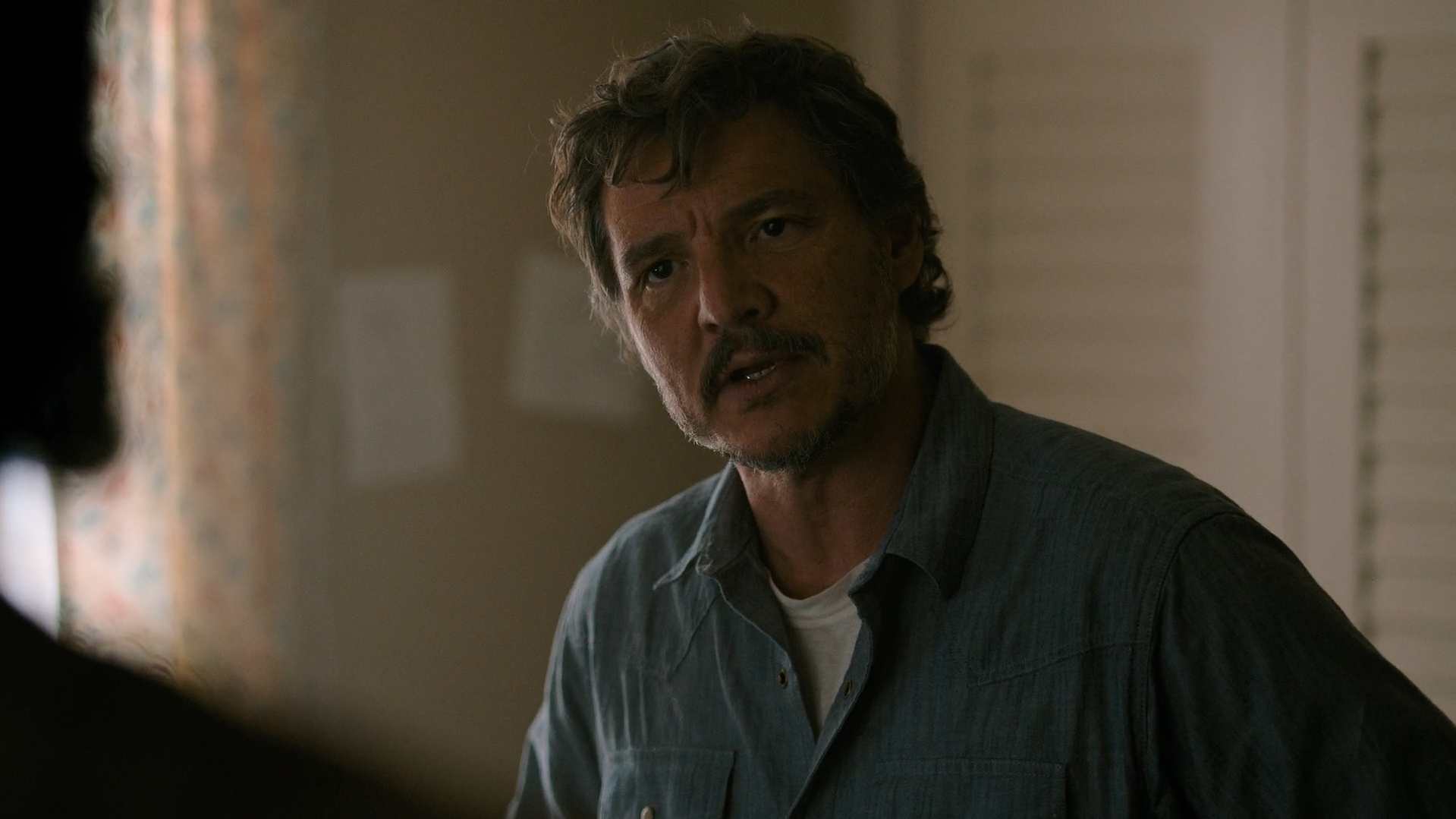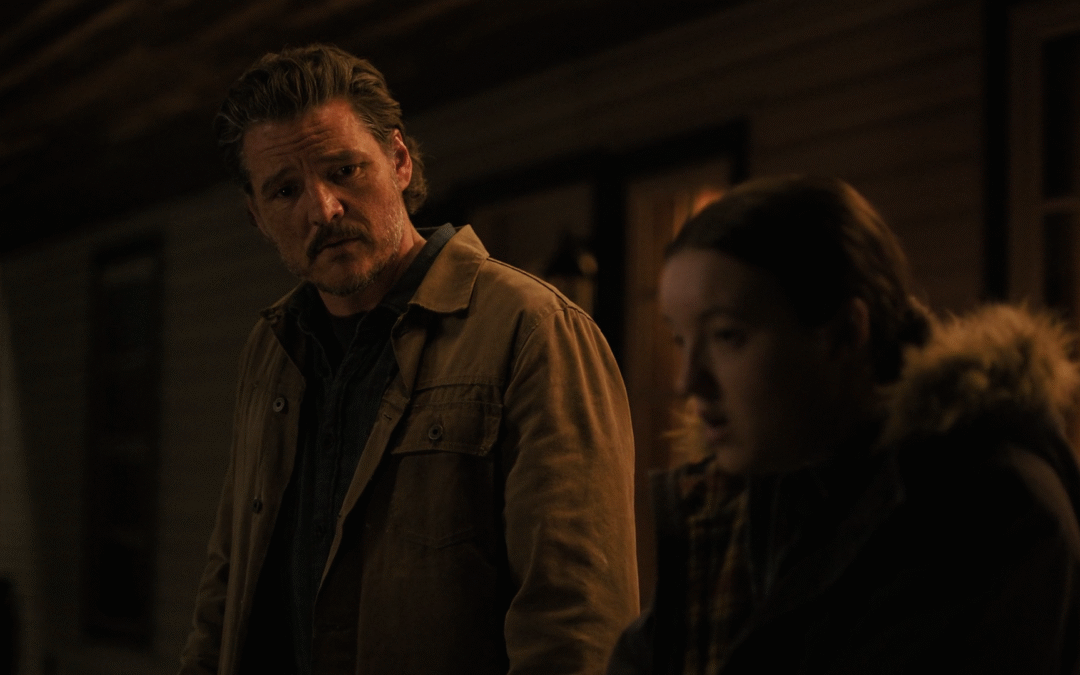We start with a flashback of Joel and Tommy’s rough childhood, laying the emotional groundwork for the decisions Joel makes later. Back in Jackson, Joel crafts a beautiful guitar for Ellie, complete with a moth emblem, while Ellie, now older, struggles with her scars and sense of self.
As the years pass, we watch their bond shift. A trip to a museum and a space-themed birthday show Joel is trying to give Ellie moments of peace. But cracks form. At 17, Ellie’s relationship with another girl and Joel’s overprotectiveness led to tension. Their arguments become louder, and the silence between them longer.
The final blow comes when Joel lies about a mercy killing to spare Gail pain. Ellie, furious and broken by his dishonesty, tells Gail the truth. Months later, in a raw conversation, Ellie finally confronts Joel about Salt Lake City. He admits everything. She can’t forgive him, yet, but wants to try.

This episode brings us back to what The Last of Us does best: emotionally rich, morally messy storytelling. It’s quiet, reflective, and painfully intimate. Joel and Ellie aren’t just characters anymore; they’re history. And that history weighs heavily.
The writing’s not perfect. Some choices, like Joel’s handling of the infected man, feel like narrative shortcuts. And Ellie’s sudden tonal shifts can still be jarring. But it finds its soul again when the show slows down, like during the museum scene or their final conversation.

Pedro Pascal is phenomenal here. His quiet heartbreak, his desperate honesty, it’s all raw. And Bella Ramsey brings out Ellie’s vulnerability in a way that reminds us she’s still a kid beneath all the anger.
This episode doesn’t fix all the season’s flaws, but it finally reconnects us with the series’ emotional core.



